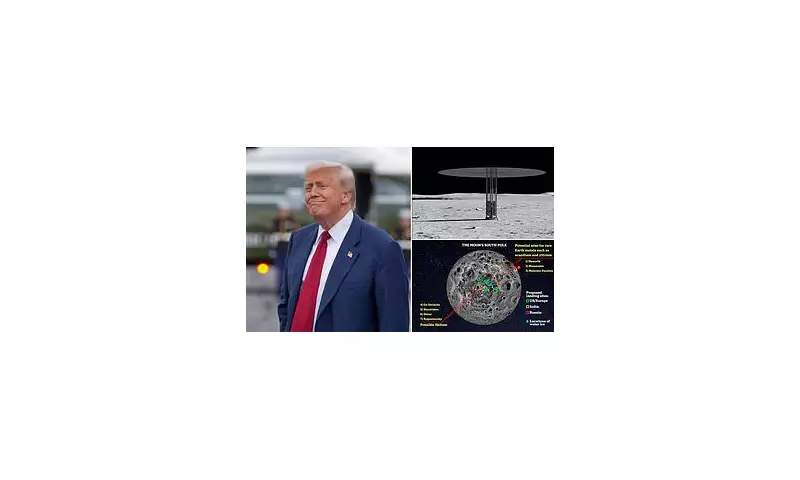
The 21st century has reignited the space race, with the United States, China, and Russia now engaged in a high-stakes battle for cosmic dominance. Unlike the Cold War-era competition between the US and Soviet Union, this new rivalry involves advanced technology, military strategy, and long-term lunar colonisation plans.
The Players in the New Space Race
The US, through NASA and private companies like SpaceX, aims to return astronauts to the Moon by 2025 under the Artemis program. Meanwhile, China's rapidly growing space program has successfully landed probes on the Moon and Mars, with ambitions to establish a permanent lunar base by the 2030s. Russia, despite economic challenges, remains a key player with its Soyuz spacecraft and plans for a new space station.
Military Dimensions of Space Competition
Beyond scientific exploration, space has become a critical military domain. All three nations are developing anti-satellite weapons and space-based surveillance systems. The US Space Force represents America's commitment to protecting its orbital assets, while China and Russia have conducted tests of ground-based anti-satellite missiles.
Lunar Colonisation: The Ultimate Prize
The Moon has emerged as the primary battleground in this new space race. NASA's Artemis Accords seek to establish international norms for lunar exploration, but China and Russia have announced their own joint Moon base project. The competition extends to Mars as well, with all three nations planning crewed missions in the coming decades.
Economic and Technological Implications
This space race is driving innovation in rocket technology, artificial intelligence, and materials science. Private companies are playing an unprecedented role, particularly in the US, where firms like SpaceX and Blue Origin are reducing launch costs through reusable rockets.
As tensions escalate on Earth, the competition in space continues to intensify, with profound implications for global security, scientific progress, and humanity's future as a spacefaring civilisation.





